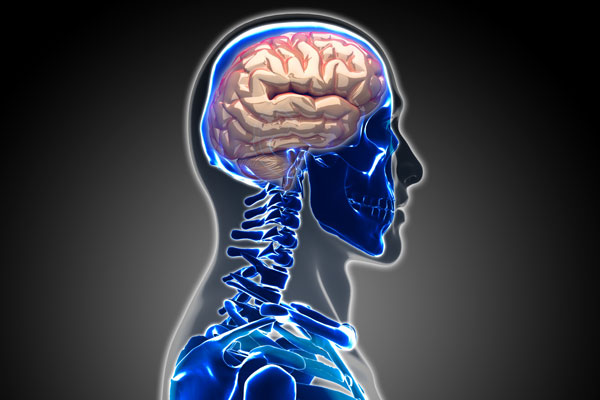Brain Conditions
Brain & Pituitary Tumors
An abnormal mass of tissue that develops in the brain lobes or pituitary gland which may or may not be cancerous.
There are a variety of pituitary tumors that can have many symptoms, please refer to this guide for more details. Brain Tumor symptoms may be general (due to the pressure the tumor is creating in the brain) and specific (due to the specific area of the brain where the tumor is located). General symptoms include include headaches, seizures, personality or memory changes, Nausea or vomiting. For specific symptoms please visit this link.

Normal Pressure Hydrocephalus
A buildup of brain & spinal fluid (CSF) that occurs if the normal flow of CSF throughout the brain and spinal cord is blocked in some way.
Normal Pressure hydrocephalus symptoms often mimic those of dementia and include memory loss, speech problems, changes in mood or behavior, difficulty walking and problems with urination.
Chiari Malformations
Occurs when the lower part of the brain lobes extend into an opening at the base of the skull where normally only spinal cord should be present.
The most common Symptom is a headache which starts at the back of the head near the neck and radiates upward, others include balance and dizziness issues, blurred vision, muscle weakness and coordination issues.
Acute & Chronic Subdural Hematomas
Blood gathering under the protective covering of the brain most often due to a traumatic head injury which can cause pressure on the brain.
Acute Hematomas often result from a serious head injury and symptoms form immediately; these cases require immediate attention. Chronic hematomas can occur after minor head injuries, such as a slip or a fall, and there may be no symptoms for several weeks. Hematomas may be characterized by slurred speech, loss of consciousness, seizures, numbness, severe headaches, and visual problems.
Trigeminal Neuralgia
Shooting Nerve pain that affects the face and head.
A chronic pain condition of the 5th cranial nerve which affects the head and face; sometimes caused when a blood vessel comes in contact with or presses against the trigeminal nerve.
Conditions include episodes of severe, shooting pain, feelings of electric shock, and pain in areas supplied by the trigeminal nerve, including the cheek, jaw, teeth, gums, lips, or less often the eye and forehead.
